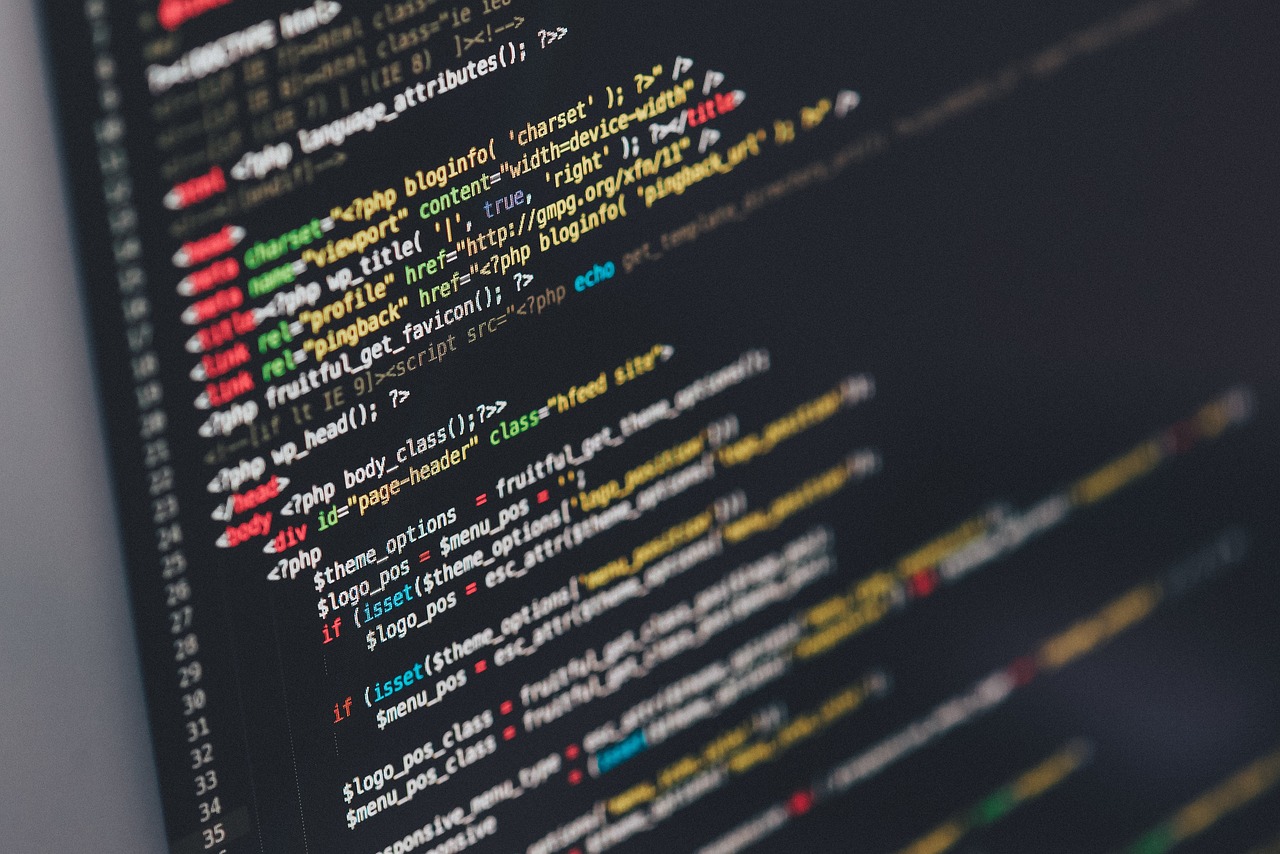Learn Programming Without Spending a Penny
Learn Programming Without Spending a Penny
Blog Article
Learning to code doesn’t have to be expensive. By committing time, time, and the right free tools, you can learn programming. Start simple, remain consistent, and soon you'll be getting skilled in programming languages and developing your own projects. Best of luck coding!
How to Learn Coding for Free
In today's tech-driven world, coding has evolved into an essential skill for different industries. Whether you are seeking to boost your career, build a new one, or explore a fun hobby, coding is an rewarding step. However, one common misconception is that gaining coding skills demands paid courses or degrees. The truth is, many free resources are available to learn coding. Below is how to get started.1. Pick a Programming Language
Prior to starting, it’s crucial to decide which programming language to begin with. Each language has its own applications, and selecting the right one depends on your aspirations. Here are some popular choices:Python: Renowned for its clear syntax, Python is a fantastic pick for beginners. It’s widely used in web development, data analysis, artificial intelligence, and automation.
JavaScript: If you're interested on web development, JavaScript is a key language. It's applied to add interactivity to web pages and pairs with HTML and CSS.
HTML/CSS: These aren’t coding languages, but if you’re looking to build websites, HTML and CSS are the foundation for building and designing web pages.
Java: A multi-purpose language applied for Android apps, backend systems, and large enterprise projects.
C++/C#: These are more complex languages, often used in game development and system software.
Start by choosing one language, then look for free resources specific to it.
2. Find Free Online Coding Resources
Due to the collaborative spirit of the programming world, you can find a wealth of free resources online to begin learning. These are among the best platforms include:Codecademy: Provides interactive coding lessons in multiple languages like Python, JavaScript, and Ruby. The basic courses are free, allowing you to start coding straight away.
FreeCodeCamp: A detailed platform that teaches web development, data visualization, and more. You can even earn certificates and join in real-world projects.
Coursera and edX: These platforms give no-cost access to coding courses from universities like Stanford and MIT. You can audit the courses without having to pay for a certificate.
Khan Academy: Delivers instruction in computer science and programming with a focus on JavaScript and web development.
YouTube: Many coding experts offer free lessons on YouTube. Channels like Traversy Media, The Net Ninja, and CS50 offer hours of content focused on a range of subjects.
3. Practice, Practice, Practice
Programming is like picking up a new language—it needs practice. Theoretical knowledge is important, but hands-on experience is where you truly improve. Some platforms provide opportunities to practice coding online:HackerRank: A popular site that delivers coding challenges and competitions. It’s a great way to hone your logic.
LeetCode: Used by developers focusing on technical job interviews, LeetCode provides a wide range of coding problems in multiple languages.
Codewars: Provides coding challenges called "katas" to help you progressively get better.
4. Become Part of Coding Communities
Learning to code can feel overwhelming at times, but you're not alone. Becoming part of an online community of fellow learners and coders can give assistance, guidance, and inspiration. Websites like Reddit (r/learnprogramming) and Stack Overflow allow you to ask questions and engage with other coders. GitHub, another key resource, lets you collaborate on coding projects, add to open-source software, and observe other developers’ code.5. Build Projects
As you become more confident, begin creating your own projects. Whether it's a personal website, a simple app, or a small game, creating something from scratch will cement your understanding and demonstrate your skills. You can also use your projects as part of a personal showcase for prospective clients. You can also use your projects as part of a showcase for prospective employers or businesses. This will highlight your skills, but also prove your commitment to advancing as a developer.Final Thoughts
Becoming proficient in coding doesn't require a financial investment. With the right free resources, anyone can learn coding from scratch. Start small, keep practicing regularly, and connect with the coding community. In time, you’ll create projects and expand your professional possibilities.Find out more on - Nested if else in C Programming Examples Report this page